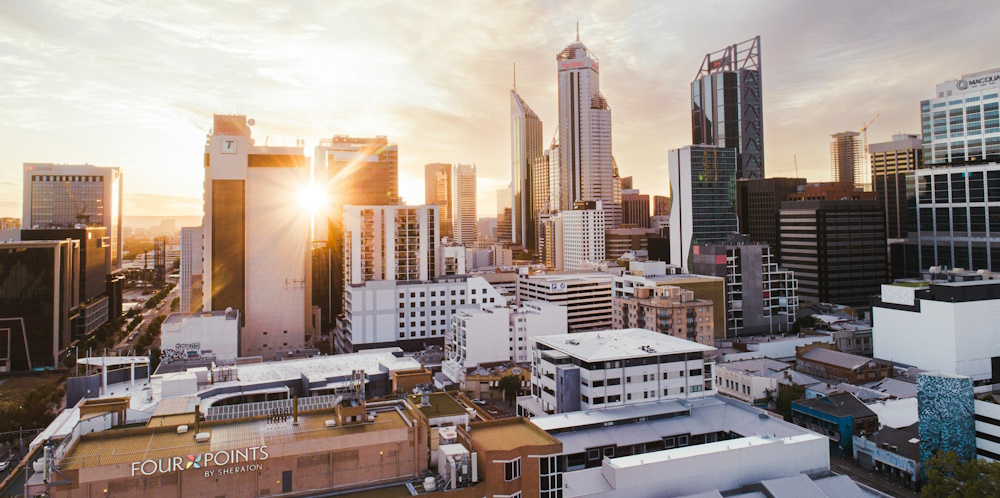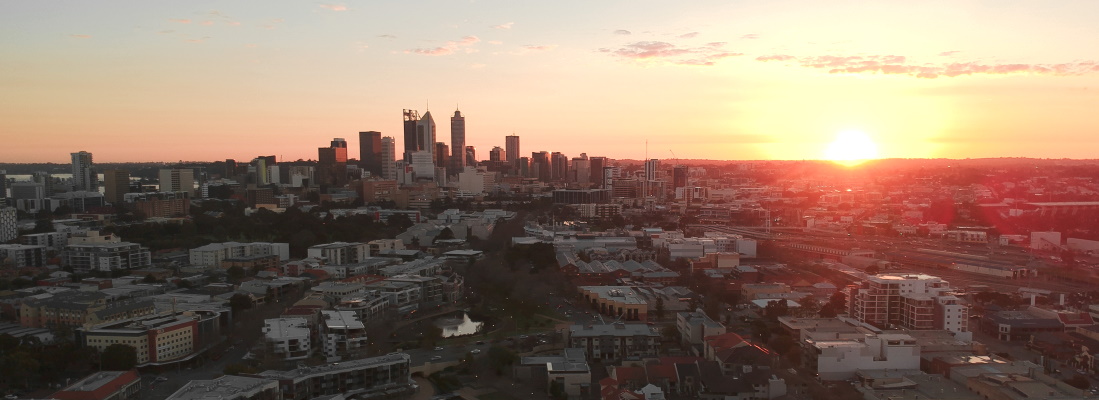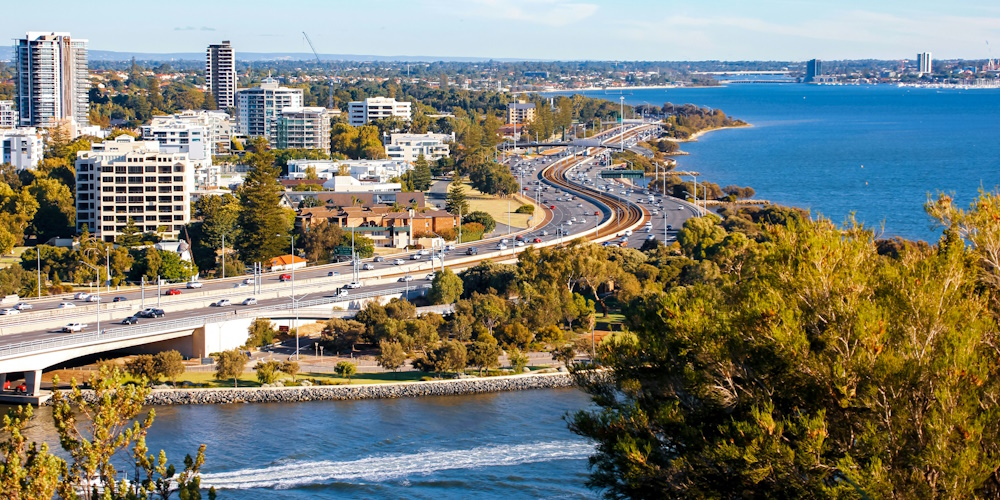Living in Perth as an expat
Living in Perth as an expat is an exciting adventure that combines a lively urban lifestyle with the beauty of Western Australia’s natural wonders. Perth, Australia’s fourth-largest city, is the capital of Western Australia, the country's largest state. You’ll find miles of breathtaking, seemingly endless coastline along the southern and western edges, while the eastern border takes you right to the stunning vastness of the Outback.
More than 2 million people call Perth home, and nearly 40 percent of them were born outside of Australia. This diversity makes the city an incredible cultural melting pot, and you’ll be surrounded by people from Britain, New Zealand, South Africa, China, India, and beyond. With such a mix, you’ll find it easy to meet other newcomers and quickly feel part of the community.
Recent migration trends have brought many new residents from places like India, the Philippines, and China, making the social fabric of Perth richer and more multicultural than ever. Popular neighbourhoods for expats include South Perth, City Beach, and Northbridge, all of which provide excellent amenities, proximity to schools, and a lively community vibe.
Working in Perth
Working in Perth can be a fulfilling experience once you've figured out the evolving job market. The mining boom days may be behind us, but Perth’s job market is thriving, especially in certain growing sectors.
Healthcare, engineering – particularly renewable energy – and manufacturing are all seeing significant growth. If you’re skilled in these areas, opportunities abound. The competition has picked up post-pandemic, and employers have raised their expectations, but if you’re prepared, you’ll find rewarding prospects.
The typical recruitment process in Perth often involves multiple stages – employers are eager to find someone with the right skills, but they also want you to be a good cultural fit for their team. Networking is key here, and keeping tabs on industry trends will help you get ahead.
Finding a Job in Perth
Business Culture in Australia
Finding accommodation in Perth
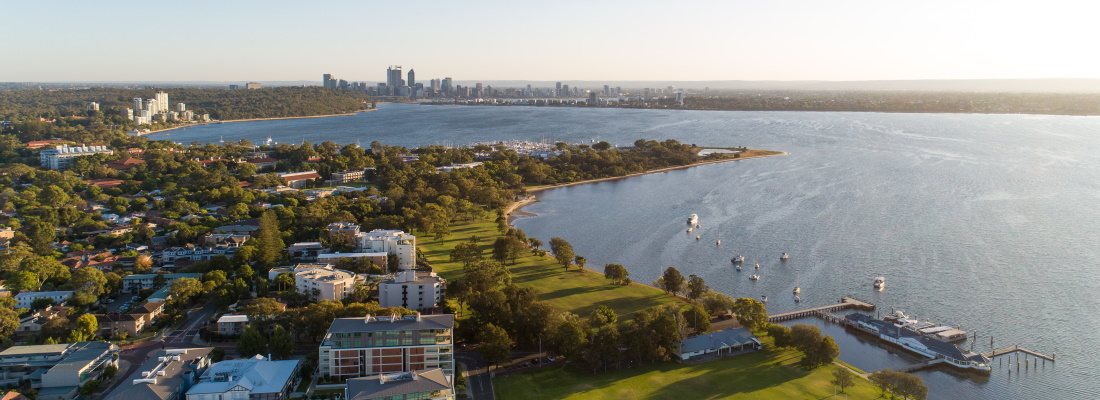
Finding accommodation in Perth can be challenging, especially for newcomers. With an incredibly low vacancy rate, it’s one of the toughest rental markets in Australia, which means you need to act fast when a suitable property becomes available. If you’re willing to commute, settling in the outer suburbs could save you a fair bit of money.
If you're an expat, expect to put in extra effort during the application process. As a non-citizen, you may need to present additional paperwork.
Not sure where to start? Get some tips on Finding Accommodation in Perth, and learn about the ins and outs of Renting in Australia.
Getting around in Perth
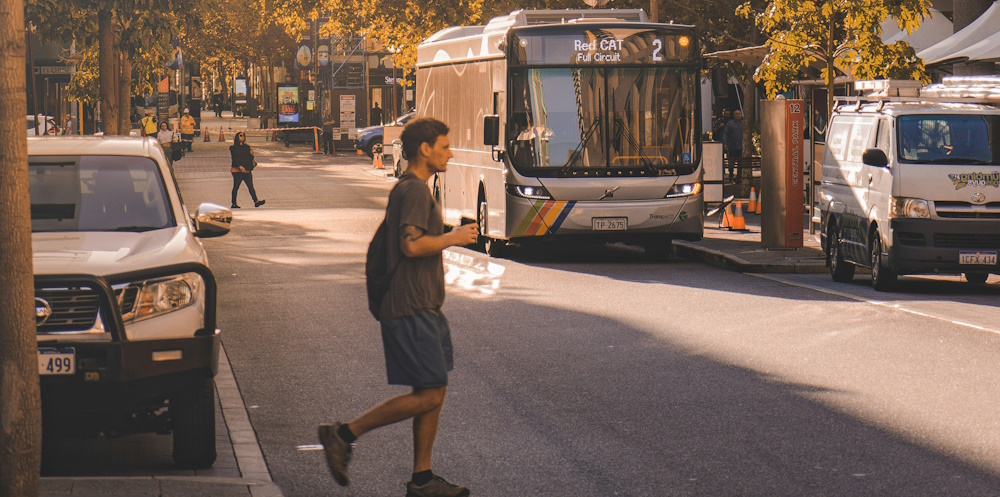
Thanks to Perth's extensive bus network, reliable rail facilities, and various taxi services, getting around in the city is relatively straightforward. Perth is currently working on several infrastructure projects to enhance public transport and road networks, meaning future commuting could become even smoother. While public transport is convenient, it does come at a cost – Perth is Australia’s most expensive city for public transport.
Owning a car is a good option for families or those looking to discover the area beyond the city limits. The roads are well maintained, and clear signage makes driving a breeze. Remember that car insurance is mandatory here in Western Australia; all registered vehicles must have compulsory third-party (CTP) insurance.
Public Transport and Driving in Perth
Cost of living in Perth
The cost of living in Perth might be lower compared to cities like Sydney or Melbourne, but it is still relatively high. Major expenses like housing, transport, and utilities contribute significantly to monthly budgets. Housing is particularly costly due to the competitive market.
Entertainment in Perth can also be a bit pricey, especially when dining out or attending cultural events. Luckily, there are plenty of free or inexpensive activities – from beautiful beaches to local festivals and parks.
View a chart of common costs and find out more about keeping a budget in Perth.
Lifestyle in Perth
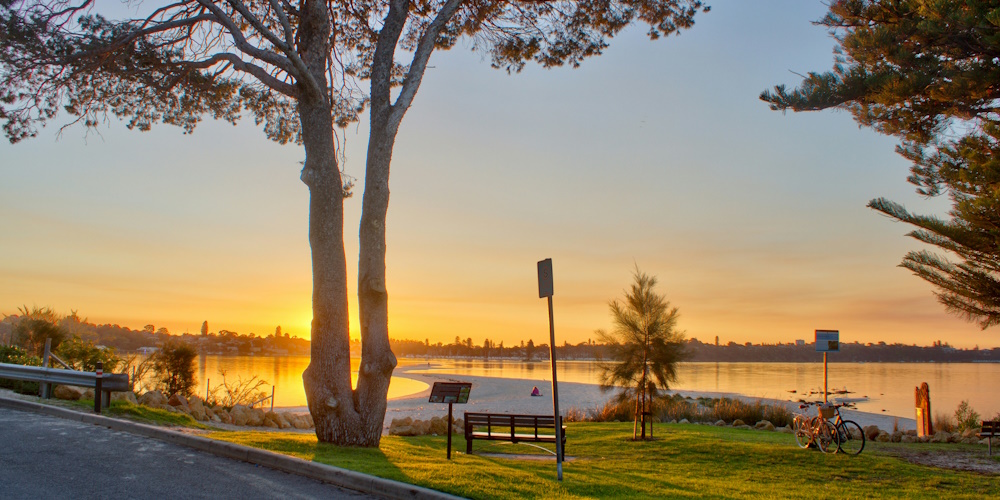
Life in Perth is laid-back, energetic, and exceptionally family-friendly. Perth offers a unique lifestyle that blends cultural richness with incredible outdoor accessibility. The city is full of parks, outdoor spaces, museums, galleries, restaurants, and family-focused entertainment options.
Water sports are especially popular, with fantastic opportunities for kayaking, surfing, and swimming along the stunning coastline. With the Mediterranean climate, you can enjoy outdoor activities nearly all year round, which adds immensely to Perth’s lifestyle appeal.
Perth is home to many remarkable cultural events and festivals that bring the community together. The Perth Festival, Fremantle Street Arts Festival, and Diwali Mela are just a few of the highlights.
Top Shopping, Sports, Attractions, and Events in Perth
Living in Perth with children
Perth is a wonderful city for families, providing children with a relaxed, safe environment. There’s an abundance of parks, playgrounds, and family-friendly activities that make it easy to keep your little ones engaged.
Family-friendly neighbourhoods like Subiaco, Mount Lawley, and Joondalup offer a mix of amenities, great schools, and a sense of community. These areas are ideal if you’re looking for safe environments with ample green spaces for the kids to enjoy.
Finding a school in Perth
You’ll find excellent schooling options for your children in Perth, from highly-rated public schools to private, independent, and international schools. Public schooling in Perth is not only free but also of a high standard, making it a significant draw for many families relocating here.
If you are interested in international education, it’s worth applying early, as spaces can be competitive due to high demand. Several schools also offer bilingual or language immersion programmes in languages such as Mandarin, French, or German, which can give your child a truly global education.
Learn more about Types of Schools in Perth and the Education System in Australia.
Climate in Perth
Perth has a beautiful Mediterranean climate, providing enjoyable weather throughout most of the year. Summers are hot and sunny, but you can count on the cooling sea breeze known as the Fremantle Doctor to bring relief during the hottest parts of the day. Winters are mild, making Perth an ideal location for outdoor activities all year long.
New arrivals should be prepared for the summer heat – keeping hydrated, wearing sunscreen, and planning activities around the Fremantle Doctor’s arrival can make a big difference.
Perth has much to offer, and many consider it well worth the high cost of living. Its excellent schooling options, relaxed standard of living, and beautiful seaside environment are just a few reasons why so many people keep moving to Perth.
